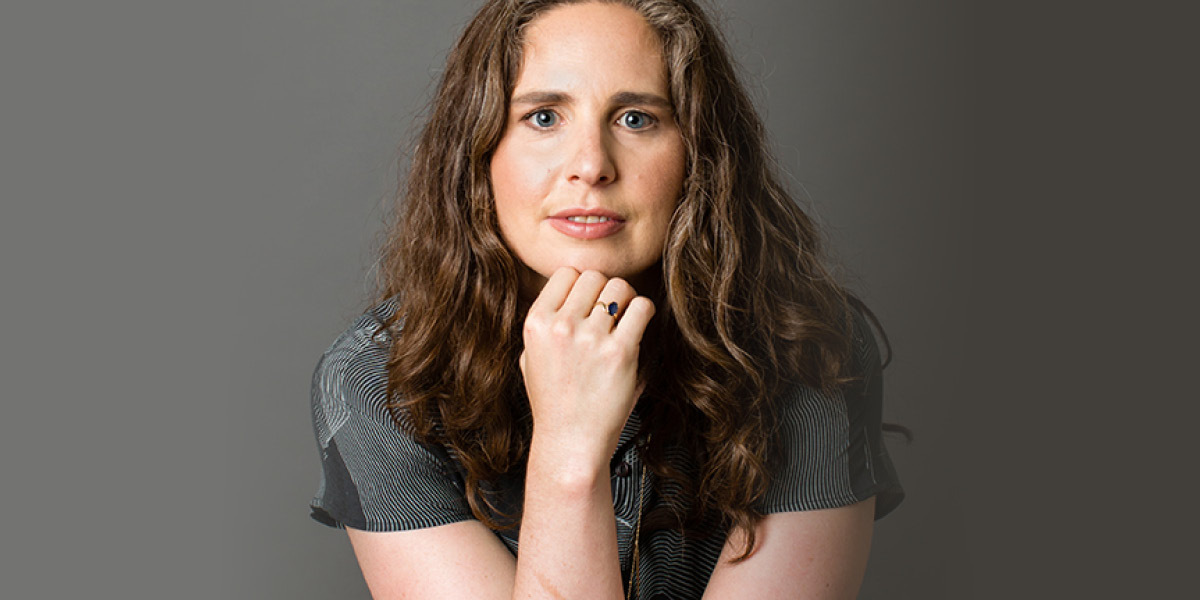Keynote Lauren Klein

About Lauren
We are happy to announce that Lauren Klein, Winship Distinguished Research Professor and Associate Professor in the departments of Quantitative Theory & Methods and English at Emory University, will give a keynote speech at the Computational Humanities Research 2024 Conference.
Lauren Klein also directs the Digital Humanities Lab at Emory University, and before moving to Emory, she taught in the School of Literature, Media, and Communication at Georgia Tech.
Lauren works at the intersection of data science, AI, and the humanities, with an emphasis on research questions of gender and race. She has designed platforms for exploring the contents of historical newspapers, modeled the invisible labor of women abolitionists, and recreated forgotten visualization schemes with fabric and addressable LEDs. She is the author of An Archive of Taste: Race and Eating in the Early United States (University of Minnesota Press, 2020) and, with Catherine D’Ignazio, Data Feminism (MIT Press, 2020), which was named one of the “must-read books for Spring 2020” by WIRED Magazine. With Matthew K. Gold, she edits Debates in the Digital Humanities, a hybrid print-digital publication stream that explores debates in the field as they emerge.
Lauren is currently completing a digital project, Data by Design: A History in Five Charts, forthcoming from the MIT Press, and envisioning the Atlanta Interdisciplinary AI Network with colleagues at Clark Atlanta and Georgia Tech.
The Keynote
Title: "When Theory Leads: Towards a Humanities-Forward Model of Computational Research"
Abstract
The advent of Large Language Models and the cultural data they rely upon has renewed a longstanding conversation about the role of the humanities, and humanities scholars, in computational research. This role has to do not only with the application of LLMs (and related computational methods) to humanities research questions, but also with the application of humanistic methods to computational research. Using a series of projects about social movements from the Emory Digital Humanities Lab as case studies, this talk will show how humanistic methods—and theory in particular—can not only inform the overall design of computational research projects, but can also shape the development of computational models themselves. Connecting the contributions of these projects back to the broader landscape of AI/ML, I will argue that humanities theory, and the scholars who produce and engage with it, have very clear roles to play if we are to envision applications of LLMs (and AI/ML more generally) that enhance our knowledge of the cultures we seek to understand and support.